Discover the hidden signs of burnout
- Burnout, a prevalent and debilitating condition resulting from chronic work-related stress, can have serious physical, emotional, and behavioral consequences.
- Recognizing the hidden signs of burnout, such as exhaustion, emotional detachment, and behavioral changes, is crucial for taking preventive measures and seeking appropriate support.

A Comprehensive Guide Of The Hidden Signs Of Burnout
Burnout is a prevalent and debilitating condition that affects individuals across various walks of life. Often stemming from chronic work-related stress, burnout can have serious consequences on both physical and mental well-being. Recognizing the early signs of burnout is crucial for taking preventive measures and seeking appropriate support. In this article, we will delve into the hidden signs of burnout, shedding light on this increasingly prevalent issue.
Physical Signs of Burnout
Burnout can manifest in various physical symptoms that may be easily overlooked or attributed to other causes. One of the primary physical signs is exhaustion, where individuals feel constantly drained, physically and emotionally, despite getting adequate rest. Insomnia or disturbed sleep patterns are also common, making it difficult to fall asleep, stay asleep, or experience restful sleep. Additionally, frequent headaches or migraines can occur, often intensified by stress. Burnout may also weaken the immune system, leading to more frequent illnesses, infections, or a prolonged recovery period. Changes in appetite and weight, such as significant weight gain or loss, can also indicate the presence of burnout.
Emotional and Mental Signs of Burnout
Burnout can significantly impact mental and emotional well-being. Emotional signs of burnout may include increased cynicism and negativity, adopting a pessimistic outlook, being overly critical, or experiencing a loss of joy in activities. A lack of motivation is another common sign, where individuals feel disengaged, and experience a loss of enthusiasm or passion for work or hobbies. Difficulty concentrating is also prevalent, with individuals struggling to focus, experiencing memory lapses, or facing reduced productivity. Increased irritability or impatience may arise, causing individuals to become easily frustrated or agitated, often over minor issues. Emotional exhaustion, characterized by feeling drained, experiencing mood swings, or being overly sensitive, is another hidden sign. Lastly, decreased satisfaction and a diminished sense of accomplishment despite significant efforts and achievements may indicate burnout.
Behavioral Signs of Burnout
Burnout can also manifest in behavioral changes that may be noticeable to both the individual and those around them. These changes may include withdrawing from responsibilities, avoiding tasks, being disengaged, or procrastinating more than usual. Increased absenteeism or tardiness may occur, with individuals frequently calling in sick or arriving late to work. Social isolation is another behavioral sign, where individuals withdraw from social interactions, avoiding colleagues, friends, or family members. Some may resort to escapist behaviors, such as using alcohol, drugs, or other substances as a means of escape or coping mechanism. Neglecting personal needs, such as ignoring self-care, neglecting personal hygiene, or experiencing a decline in appearance, is another hidden sign of burnout. Lastly, decreased job satisfaction may manifest, with individuals experiencing a loss of interest or enthusiasm for work, feeling a lack of accomplishment, or contemplating a career change.
Recognizing the hidden signs of burnout is crucial for addressing this pervasive issue and promoting overall well-being. If you find yourself or someone you know experiencing several of these signs, it’s essential to take action and seek support. Addressing burnout requires a holistic approach, including self-care, stress management techniques, seeking professional help, and creating a supportive environment. By being proactive, we can prevent burnout, promote a healthy work-life balance, and nurture our overall well-being.









